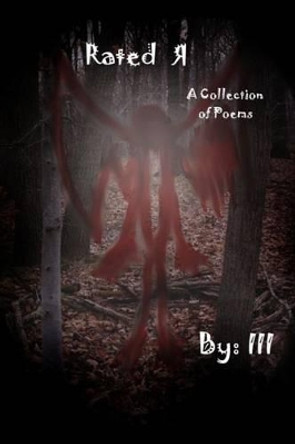Description
No reader of Chinese literature would find a sexual encounter between a young man and a female ghost surprising. In Peony Pavilion, however, the lovers actually marry and join human society-a possibility that invites speculation on the nature of personhood and agency. By contrast, Peach Blossom Fan addresses the question of identity in an explicitly political fashion. After the fall of Beijing, many men put forward imperial claims. Who, in a time of turmoil, is truly the Emperor? In a Confucian society, where hierarchy and identity are so interdependent, how does the lack of certainty about the Emperor's identity affect all human identities?
The question of personal identity is intrinsically bound up with questions of agency, legal responsibility, and participation within a polity. Confucian patriarchy, in particular, implies an anxiety of identity: in order to serve one's father appropriately, one must first know who he is. Drawing on related contemporary sources, the author combines a range of perspectives, including literary criticism, philosophy, jurisprudence, and art history.
About the Author
Tina Lu is Assistant Professor of Chinese Literature at the University of Pennsylvania.
Reviews
"This is an original and thought-provoking study."-Bulletin of the School of Oriental and African Studies
"...the main news about this book is that it is a solid, learned, perceptive, coherent, and information-packed study of Ming and Qing drama that will amply reward the time of any reader interetsed in the cultural, intellectual, and esthetic history of late imperial China."-Eric Henry, University of North Carolina
Book Information
ISBN 9780804742023
Author Tina Lu
Format Paperback
Page Count 376
Imprint Stanford University Press
Publisher Stanford University Press
Weight(grams) 526g








